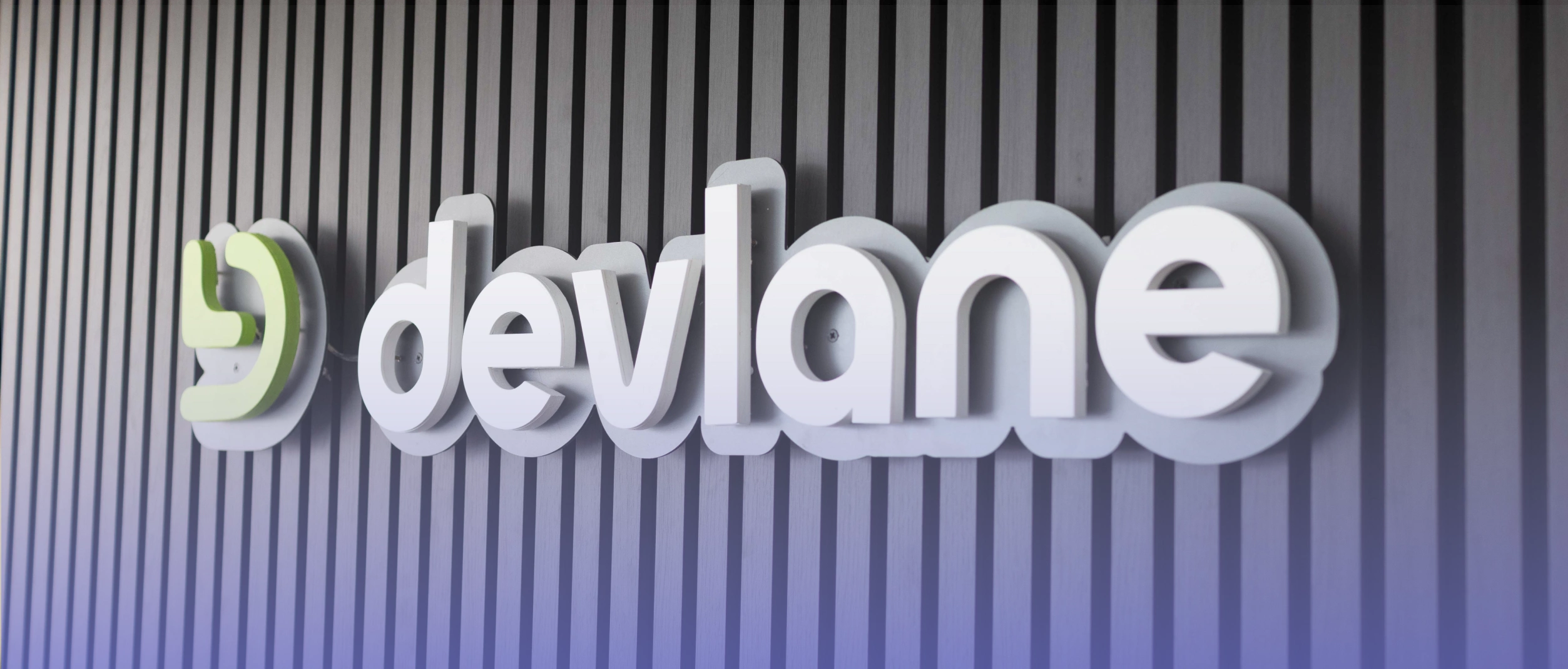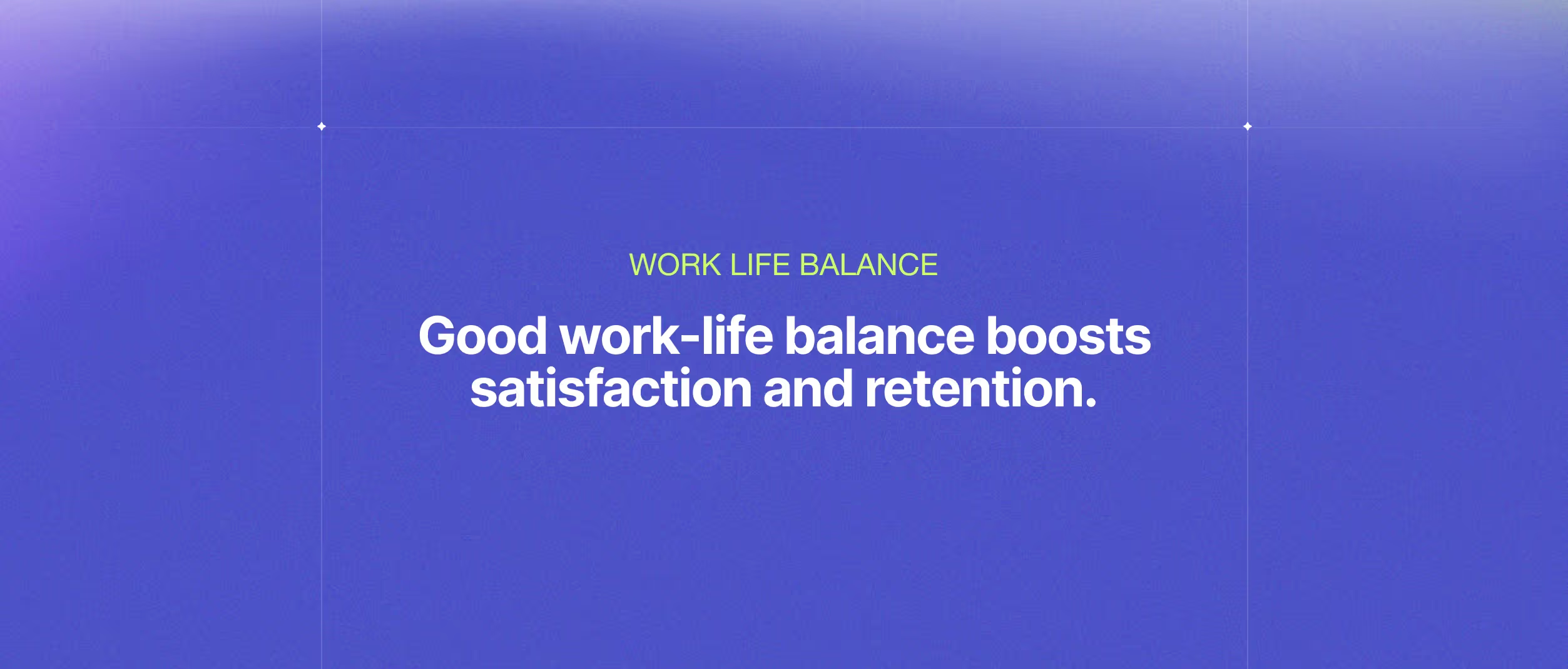It’s no secret that the possible applications of Artificial Intelligence are growing exponentially. In fact, job postings for AI roles increased by 59% in the U.S. in 2024, and the role of AI Engineer topped LinkedIn’s Jobs on the Rise list.
What’s still up for debate, however, is which programming language is best suited for each use case. Whether you’re working on machine learning models, neural networks, or AI infrastructure, choosing the right language can have a major impact on your project’s success.
That’s why we put together this ranking—based on our hands-on experience in AI projects for some of the most forward-thinking companies in the U.S., as well as insights from GitHub’s Octoverse 2023, the Stack Overflow Developer Survey 2024, and trends observed in popular AI libraries like TensorFlow, PyTorch, and Hugging Face.
Let’s take a look at the most relevant languages for building AI in 2025, their core strengths, and their ideal use cases.
Top 8 Programming Languages Used in AI (Updated for 2025)
1. Python
Python remains the undisputed leader in AI development. Its vast ecosystem of libraries and frameworks—like TensorFlow, PyTorch, scikit-learn, and Keras—make it the go-to language for machine learning, natural language processing, and computer vision.
- Best for: Machine Learning, Deep Learning, NLP, Rapid Prototyping
- Key Strengths: Simplicity, community support, mature ecosystem
2. Julia
Julia is gaining traction for high-performance numerical and scientific computing. It's ideal for researchers and teams building complex AI models with large-scale matrix operations.
- Best for: Research, mathematical modeling, high-performance ML
- Key Strengths: Speed, ease of syntax, strong support for linear algebra
3. Rust
While not traditionally associated with AI, Rust is increasingly used in production-level systems where performance and memory safety matter. It's being adopted for AI tooling and inference engines.
- Best for: Edge AI, embedded systems, production-level deployment
- Key Strengths: Performance, safety, zero-cost abstractions
4. C++
C++ is often used under the hood of AI frameworks for speed-critical operations. It’s not beginner-friendly but excels where raw performance is a necessity.
- Best for: AI engines, gaming AI, robotics
- Key Strengths: Performance, low-level hardware access
5. R
R is widely used in statistical modeling and exploratory data analysis, making it a strong candidate in research-focused AI applications.
- Best for: Statistical AI, data exploration
- Key Strengths: Visualization, statistical libraries, CRAN support
6. JavaScript (Node.js)
With libraries like TensorFlow.js, JavaScript allows developers to run ML models directly in the browser or on Node.js servers.
- Best for: Browser-based AI, simple ML apps, demos
- Key Strengths: Ubiquity, easy integration with front-end apps
7. Scala
Used heavily with Apache Spark, Scala excels in processing large data sets for AI and ML tasks.
- Best for: Big data AI pipelines
- Key Strengths: Interoperability with Java, Spark integration
8. C#
Microsoft’s ML.NET has brought machine learning into the .NET ecosystem, allowing C# developers to stay within their stack. This is a bit more of a niche use-case that may not be the best option for a new project, but it could be worth continuing to explore if it’s already in use.
- Best for: .NET-based AI projects
- Key Strengths: Strong tooling, enterprise support
Our Recommendation
Python is undeniably the go-to language for new machine learning projects. Its extensive ecosystem of libraries, active and supportive community, and AI-assisted tools that can also suggest code make it an obvious starting point for developers entering the AI space. However, as projects grow in complexity, the requirements often extend beyond training and evaluating models.
Advanced AI systems frequently demand robust data processing pipelines, model execution in high-concurrency environments, and integration with web interfaces. In such contexts, other programming languages may offer better performance, scalability, or ecosystem fit.
Looking to Build or Scale AI in Your Organization?
At Devlane, we partner with US-based companies to enhance or expand their AI capabilities. Our nearshore teams support your developers with the right tech stack and a fast ramp-up time.
👉Contact Devlane for AI software development services to discuss your project.
Other Blog Posts

CUDA Toolkit Explained: How GPU Computing Accelerates AI Workload

What 2025 meant for Devlane: A year of growth and innovation








